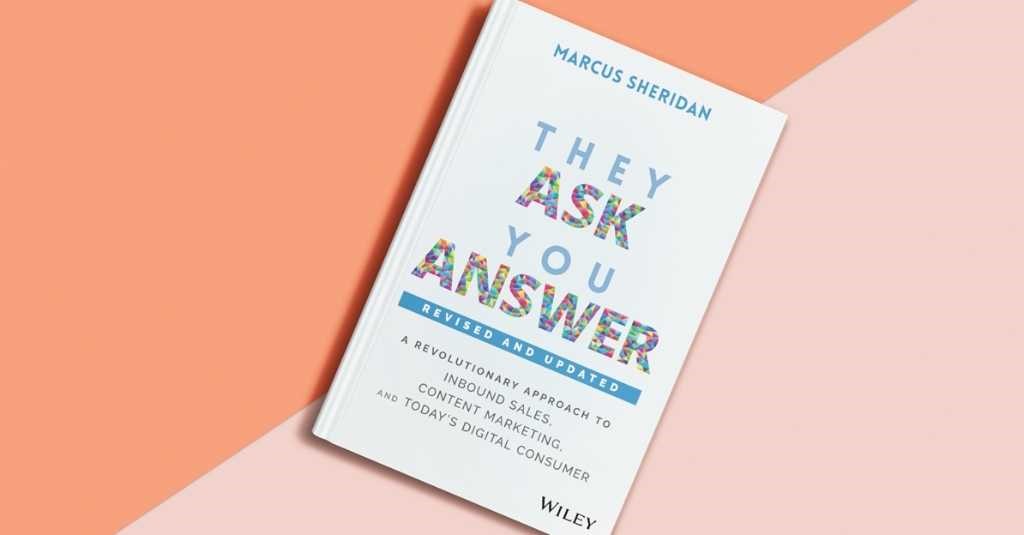Stop me if you’ve heard this one before: you started the year with a list of resolutions. Top of the list? Building new habits. Maybe you wanted to wake up early, hit the gym, read a book a week, or finally master time management. Fast forward a few months, and those initial bursts of enthusiasm have waned. Your list? Well, it’s collecting dust somewhere.
If you’re nodding right now, believe me, I’ve been there.
Just like you, I used to look at my goals, from career aspirations to personal growth, and feel overwhelmed.
Every article I read stressed the significance of habits.
But where to start? How to maintain the momentum? And, most crucially, how to ensure these habits truly resonate and don’t fizzle out?
I used to devour spoonfulls of Nutella like it was my last meal on Earth! This is an example of a habit that wasn’t doing me any favors.
But here’s the silver lining. A good friend introduced me to the wonders of habit formation through his own transformational journey. 365 days of working out, from a man who once avoided any form of exercise. Intrigued? So was I.
He handed me BJ Fogg’s “Tiny Habits,” and it was a game-changer.

In this article, you will learn the very framework that reshaped not just my career, but my life.
A system so intuitive, it’s almost deceptive in its simplicity. But let’s not get ahead of ourselves. First, let’s understand why habits are your ticket to an enriched career and a harmonious life. Then we’ll take a look at how you can implement this strategy in your own life.
- Why Habits Are the Difference Between Success and Failure
- Step 1. Grasping the Tiny Habits Framework
- Step 2. Identifying High Impact Habits for Career Growth
- Step 3. Crafting Personal Habits for a Balanced Life
- Step 4. Strategies to Ensure Habit Consistency
- Step 5. Embracing Failures and Resetting
- The Journey Ahead with Your New Habits
Why Habits Are the Difference Between Success and Failure
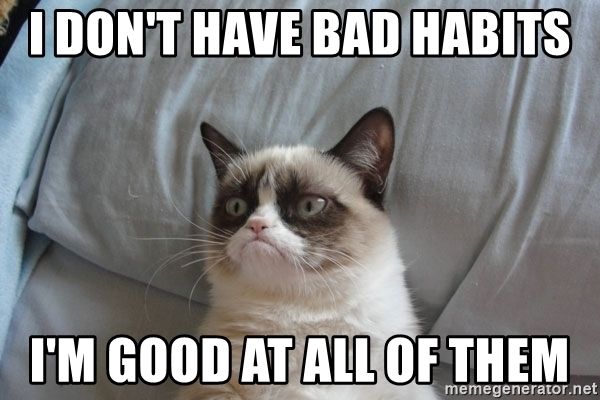
Habits: They’re subtle, often operating below our conscious awareness, yet they are the powerful architects of our daily lives. From the moment you wake up – the side of the bed you roll off, the route you take to work, even the way you interact with colleagues – habits dictate a major part of your existence.
But why should you care about habits so intensely?
Simply put, habits are the single most influential factor in driving change in our lives. Imagine them as the gears of a machine: individually, they might seem insignificant, but collectively, they keep the entire system running smoothly.
Mastering our habits is akin to having a magic wand that lets us sculpt our life’s path.
Think about it. How many times have you heard the phrase, “It’s just a habit of mine”?
We often downplay the role of habits, considering them mere routines, but they are far more potent. When cultivated intentionally, habits become transformative tools that can reshape our health, careers, relationships, and overall well-being.
However, it’s not just about forming good habits; it’s equally about identifying and breaking the unfavourable ones. Those tiny, almost unnoticed routines, repeated daily, can either elevate us to our dreams or anchor us to our fears. And it’s in our control to decide which.
This understanding puts us in the driver’s seat, giving us the ability to direct our lives rather than merely being passengers. So, if there’s one thing to strive for mastery over in this vast realm of personal development, let it be your habits. Because with them, you can quite literally design the life you’ve always aspired to live.
With that said, how exactly can we take control of our habits and change our lives? Let’s delve into the 6-step process.
Step 1: Grasping the ‘Tiny Habits’ Framework
Picture this: instead of aiming to run a marathon, what if you just started with putting on your running shoes every day? Sounds simplistic? That’s the beauty of the ‘Tiny Habits’ Framework.
The entire philosophy behind ‘Tiny Habits’ is to start small. Really small. So small that it’s almost impossible not to do it.
By breaking a goal into its most basic form, you eliminate the barriers of procrastination and intimidation. Over time, these tiny actions accumulate and evolve into full-fledged, impactful habits.
So how can you go about doing this in your own life? Here’s a three-step process:
- Anchor Moment: Identify a routine you already do daily. This could be as simple as brushing your teeth or pouring your morning coffee
- Tiny Behavior: Choose a new habit you want to develop, but simplify it. Instead of reading 30 pages, start with one page (or one sentence)
- Anchor your tiny behaviour to your anchor moment: After doing your anchor moment (such as brushing your teeth), immediately do the Tiny Behaviour. In this example, you grab a book and read one sentence
- Immediately Celebrate: After you’ve done your tiny behavior, celebrate! It could be a little dance or a self-pat on the back. Think about something you value or something that makes you feel good and do that. This reinforces the behaviour
For instance, when I wanted to cultivate the habit of exercising every day, I anchored it to my evening work ritual. After turning off my computer, I’d do just one pushup. Over time, one pushup became two, then a 15-minute home workout, and now, I go to the gym almost every night after work. It started with that one pushup.
Remember when I mentioned the spoons of Nutella? My tiny behaviour was to put the Nutella in the back of the pantry and place a healthier alternative at the front. Every time I craved that sweet treat, I’d see the healthier alternative and more often than not, opt for the healthier choice. Afterall, to get to the Nutella I’d have to move everything around to get to the back of the cupboard. Soon, the craving for Nutella reduced, and I started enjoying healthier snacks. Now, even if the Nutella is right in front of me, I rarely feel the need to eat it.
One thing that many people mistake when going through this process is the relationship between willpower and habit formation.
Many people assume that habits are the result of willpower and motivation. More motivation and willpower = better habits and more control over those habits. However, this couldn’t be further from the truth.
Motivation and willpower wanes. It disappears. It doesn’t last. That’s why, to form strong habits or drop bad habits, you need to understand human behaviour and apply frameworks based on human psychology.
Embracing the ‘Tiny Habits’ Framework doesn’t mean you lack ambition or drive. On the contrary, it’s a testament to understanding human behaviour, recognising our inherent resistance to change, and hacking your way to success. I want you to remember this as you move through this journey – don’t ever feel like your “lack” of willpower is the reason you need to embrace this framework.
The Fogg Behaviour Model: Where does motivation fit in?
If we dive deeper into this habit framework we can see a relationship between motivation and habits. The formula that underpins this model goes like this:
Behaviour = Motivation + Ability + Prompt
- Motivation is defined as the degree to which you desire to do a behaviour
- Ability is defined as how easy or hard it is to do a behaviour
- Prompt is defined as the cue or trigger that initiates the behaviour
There is a direct relationship between these three things, as you can see in the graph below:
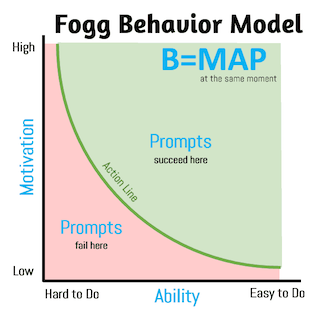
Basically, the more motivation you have to do a behaviour the more likely you are to do it. On the other hand, if your motivation is little but it is a very easy behaviour to do, you will also be more likely to do it.
Prompts can occur anywhere on the graph, but if they occur below the action line, the behaviour will not happen, and if they occur above the action line, the behaviour will happen.
Knowing this, you can influence your behaviours by either being more motivated or making it easier to do. The latter is a better option, because as already mentioned, motivation wanes.
Understanding this three-pronged relationship is helpful in influencing your behaviours and shaping your habits.
Step 2: Identifying High-Impact Habits for Career Growth
There’s a multitude of habits you could adopt, but when it comes to your career, the focus should be on high-impact habits.
High impact habits are defined as habits that once embedded into your routine, can catalyse the most significant positive changes in your professional trajectory.
In my experience, these are the top three high impact career habits:
- Learning
- Communication & Persuasion
- Time Management and Organisation
Learning
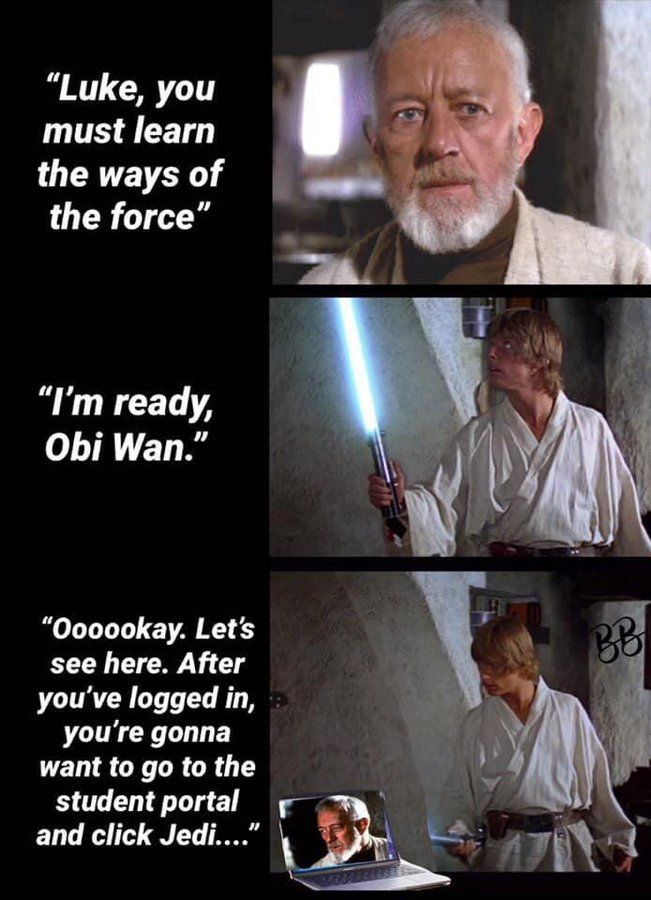
I want you to answer this question: In a business, what’s the best investment you can make?
You might say financial. Advertising or more broadly, marketing, might be another thing that comes to mind. But these are not the biggest investments one could make.
The biggest investment you can make in business is in yourself. Whether we’re talking about a business owner, or a junior working in a larger company. If you could do anything to make that business grow, would it not be to increase the skills of the workers in that business?
As a professional, this won’t just impact the business you’re working for – it’ll also impact your skills. As your skills grow, so too does your career.
That’s why learning is the biggest ROI investment you can make for your career.
What’s the best way to learn?
Everyone is different, but reading is something that can make an enormous impact. Our CEO Moby Siddique speaks about the importance of reading all the time. In fact, he’s even dedicated to reading two books a month – because he understands the ROI value of learning.
Two books a month is a lot. Follow the Tiny Habits framework and start with a page a day, or a sentence a day. The key is to get started.
Communication & Persuasion

Communication and persuasion are one of the most important skills you can build for your career. Cultivating them makes sense.
Communication and persuasion are transferable – they can be used in any role, in multiple ways, regardless of context. Whether you’re applying for jobs and need to employ effective communication to get your dream job.
Or whether you’re running a paid advertising campaign and need to write copy that will communicate the message effectively and generate purchases.
Regardless of the context, communication is a skill that is transferable, hence why it is so valuable.
But how can you practice communication as a habit?
Well, the first step is to learn more about communication, which falls under my previous point on learning. But once you’re learning, then you can start implementing the tactics you learn.
For example, you might dedicate five minutes per day after work to review two times you used your new communication learnings during the day, and then think about how you can better use them the next day. Doing this keeps you accountable and helps you stay consciously aware of how you’re implementing your new learnings.
This is just one example of how you can use habits to improve your communication. Think about what works for you and do that.
Time Management and Organisation
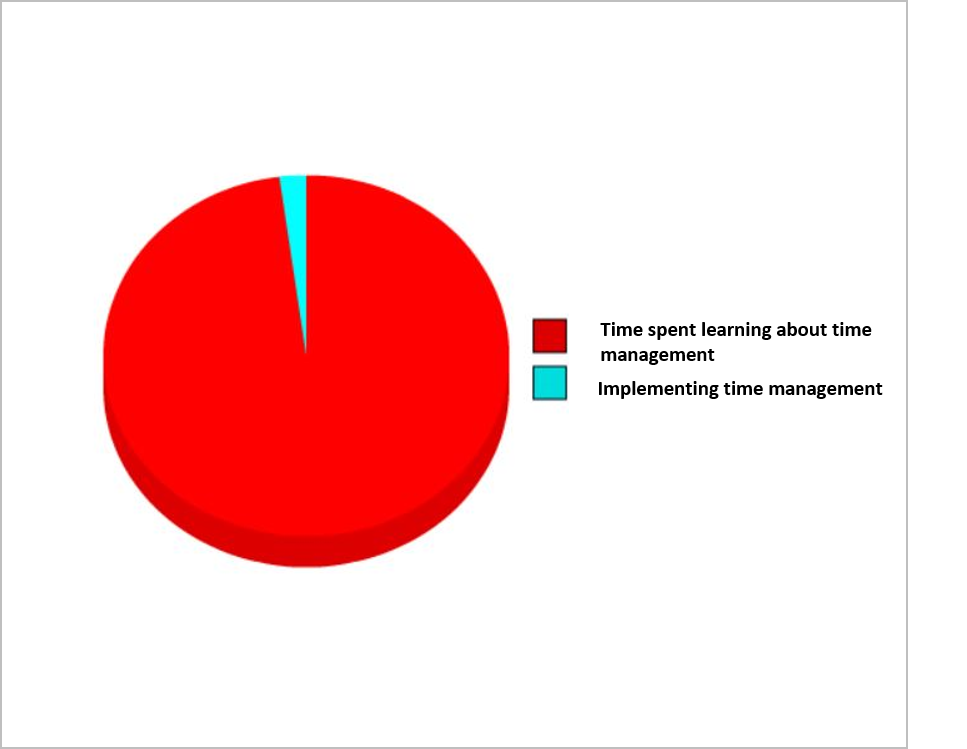
You’ve probably heard this before, but mastering this habit can be a game-changer.
When you manage your time effectively, you’re able to achieve extraordinary results. Not because you can do more each day. No, there’s another reason time management is so powerful (or another bunch of reasons, to be precise).
- It keeps you accountable: when you are aware of how you’re spending your time, you keep yourself accountable. You start to notice where time is wasted, and where it’s not. And simply being aware of this is sometimes enough to make a change
- It helps you be realistic: when you manage your time effectively, you’re able to be realistic about what is achievable and what is not, week by week and day by day. This means you won’t set yourself up for failure
- You end up getting more done: For some reason, managing your time effectively helps you get more done. You’re more productive when you allocate specific amounts of time to specific tasks
So how can you get started with forming habits for time management?
Well, I need to give Linda (our Head of Content here at RedPandas) a big shoutout for this one. She introduced the idea of calendar time blocking to me. The way it works is, once a week, at the start of the week, time block your entire week on a calendar. Add your tasks to your calendar so you can visually see where everything fits in.
For me personally, I like to write, so I add my tasks to each day in a notebook and time block them. But you could also use Google Calendar or another calendar tool for this. Toggle, a time tracking tool, allows you to track your time in relation to the calendar events you set. I don’t use this myself, but I’ve been told it works well.
Regardless of how you go about managing your time, the key is to make a habit of it. Set time aside to manage your time. Sounds ironic, but it’s impactful.
Start small. Spend 5 minutes once a week at the same time every week to play your week. Or if you prefer to plan daily, then make a habit of planning your day at the start of the day.
Tiny Habits is all about making it simple. So, if this is too overwhelming, or if you’re too busy, then you can start even smaller. Open your calendar every day at the same time, and then close it. Just make a habit of opening the calendar. Whatever else you do or don’t do doesn’t matter.
Remember – one pushup turns into two, and then eventually three, and by the time you’re on day 30, you’re running to the gym and doing a workout.
Small steps.
What about other career habits?
The beauty of these habits is that they’re adaptable. What works for one person might need tweaking for another. The key is to recognise the areas in your career that need a boost and then tailor your habits to address those specific needs.
While these three are habits I’ve found to be extremely important, they’re not the only ones you should work on, and there might be others that are more relevant for you. The key is to identify the habits you need and follow the Tiny Habits framework mentioned in step 1.
Remember, habits aren’t about monumental changes overnight. It’s the compound effect of small, consistent actions over time that lead to transformative results in your career.
Step 3: Crafting Personal Habits for a Balanced Life
While advancing in your career is vital, it’s equally important to foster habits that ensure a balanced and fulfilling personal life.
Here’s the thing I’ve learned over the years: when you’re at peace personally, your professional life flourishes.
Here’s a short list of some habits that I’ve found to be impactful for me:
- Mindful Mornings: Instead of reaching for your phone first thing in the morning, spend the first few minutes of your day in silence. You can meditate, journal, or simply sip your coffee slowly (or tea/hot chocolate in my case). This habit transformed my mornings, shifting them from chaos to calmness, setting a positive tone for the rest of the day
- Physical Activity: Whether it’s a short walk, a gym session, or a yoga class, daily physical activity can work wonders for your mental and physical health. I started with just 10 push-ups a day. Over time, this evolved into a comprehensive workout routine, which left me feeling more energetic and focused
- Nutritional Consciousness: Remember my confession about spoons of Nutella? Making small dietary changes, like swapping out unhealthy snacks for healthier alternatives, can significantly boost your energy and mood. I began by replacing one unhealthy snack a day with a healthier alternative. A simple change, but it made a world of difference – and funnily enough, it led to a myriad of other healthy nutritional choices – remember, its small steps which lead to compounding effects
- Digital Detox: Allocate a certain time each day, preferably before bedtime, where you’re free from screens. Reading a book or engaging in a hobby can be therapeutic. I introduced a ‘no screens’ rule an hour before sleep, and the quality of my sleep improved dramatically. If I’m being completely honest, sometimes I fail at this one, but the fact that it’s there and I know I can employ this at any time to enjoy a really good night sleep is calming to me
- Gratitude Practice: At the end of each day, jot down three things you’re grateful for. Over time, this fosters a positive outlook on life. It’s a daily reminder that there’s always something to be thankful for
Maintaining a balanced life is not about drastic lifestyle changes. It’s about introducing tiny habits that gradually align your daily actions with your personal well-being goals.
And trust me, the harmony between personal contentment and professional success is a symphony worth striving for.
Step 4: Strategies to Ensure Habit Consistency
The beauty of habits lies in their consistency. Starting a new habit is relatively easy; maintaining it is where the challenge arises.
I’ve battled with this too.
But here’s what I’ve found: consistency doesn’t mean perfection. It’s about resilience and commitment.
Let me share the strategies that have helped me stay on track:
- Start Small: Just as the “Tiny Habits” framework suggests, begin with something so simple that it seems almost too easy. Want to read daily? Start with a page (or a sentence). Over time, that single page can turn into chapters
- Anchor Your Habits: Attach your new habit to an existing routine. For instance, after your morning coffee (which is an already existing habit for you), you do 10 push-ups. This anchors push-ups to a habit you already have, making it easier to remember and execute
- Visual Reminders: Post-it notes, alarms, or habit-tracking apps – whatever works for you. These reminders act as prompts, ensuring you don’t forget your new activity. You can have a simple sticky note on your fridge that reads: “Have you eaten some fruit today?”, or you can use an app like Habitify to send you mobile notifications
- Accountability: Share your habit journey with a friend or family member. Being answerable to someone else can be a powerful motivator. One of my buddies and I checked in on each other’s reading progress every week when we dedicated to reading a particular book together, turning it into a fun competition
- Celebrate Small Wins: Every time you stick to your habit, give yourself a pat on the back. These tiny celebrations reinforce positive behavior. After 14 days of consistent workouts and healthy eating, I treated myself to my favourite Mediterranean Mezze…if you know you know
- Flexibility: Life is unpredictable. If you miss out one day, don’t be hard on yourself. The key is to bounce back. There are days I miss reading, but I ensure I follow the habit the next day, instead of beating myself up over it
Building a habit is like planting a seed. You water it daily, ensure it gets sunlight, and over time, with consistent care, it grows. Sometimes it might not get watered, but that doesn’t mean it won’t grow. It’s the consistent effort that counts.
Step 5: Embracing Failures and Resetting
I get it.
It’s disheartening when you’ve been consistent with a habit, and then something happens that disrupts your streak. Maybe it’s a stressful work week, a family emergency, or just one of those days when you’re not feeling it. I’ve been there—more times than I care to admit. The guilt of breaking the chain can be overwhelming.
However, here’s a perspective shift that changed everything for me: Failure is a part of growth. Embracing our failures, understanding them, and learning from them can make the journey of habit formation more resilient and effective.
Here’s how you can navigate through these inevitable disruptions:
- Reframe Your Mindset: Firstly, understand that setbacks are natural. No journey is a straight path. Sometimes, I found myself binging on Nutella despite my best intentions. Instead of seeing it as a failure, I considered it a learning experience. What triggered it? How could I avoid it next time?
- Avoid the ‘All-or-Nothing’ Mindset: If you can’t do a 30-minute workout, can you do 10 minutes? If you can’t read a chapter, can you read a page? Doing something, however small, is better than doing nothing
- Analyse and Adjust: If a habit continually feels challenging, maybe it needs to be broken down further. If I constantly skipped my night workout, I swapped it for evening jogs till I built the stamina and routine for actually going to the gym
- Remember Your ‘Why’: Reconnect with your initial motivation. For example, you could pin your reasons for forming each habit on your vision board. This servs as a daily reminder of why you started and will give you the push to continue
- Reset and Restart: So you missed a few days? That’s okay. Just start again. Each day is a new opportunity. After a birthday where I’d indulge in delicious food, I’d reset and get back to my health habits without guilt.
Embracing failures doesn’t mean resigning to them. It means understanding that they are a part of the process, and more importantly, they provide us with the tools to improve and adapt. It’s not the absence of failures but the response to them that defines our journey.
The Journey Ahead with Your New Habits
Embarking on this journey of incorporating impactful habits into your life can truly be a transformative experience, as it has been for me.
The beauty of the habit-forming framework isn’t just in the results you achieve, but in the process itself—the daily commitment, the lessons learned from setbacks, and the incredible feeling of accomplishment as days turn into weeks, weeks into months.
Remember, it’s not about perfection but progress. Small, consistent actions lead to big impacts. When I first started implementing the principles of “Tiny Habits,” I wasn’t certain how they’d fit into my life. But with time, I witnessed the immense power they held—not only in shaping my daily routines but in paving the way for personal and career growth.
By now, you’ve equipped yourself with the knowledge of the ‘Tiny Habits’ framework, identified career and personal habits to pursue, learned strategies to maintain consistency, and understood the importance of embracing failures.
But knowledge alone won’t suffice. I encourage you to take action. Start with a single habit, experience the process, and watch the positive changes unfold in both your career and personal life.
Better yet, get yourself a copy of Tiny Habits and learn more about this framework. In truth, I’ve only touched the surface of what’s revealed in the book.
In moments of doubt, when you question if it’s all worth it or if you’re capable, remember why you started. Let your purpose drive you. And know that I, having been on this journey myself, am cheering for you every step of the way.
I wish you the best on your journey of growth through the power of habits. May this framework guide you as it has guided me, and may you experience the transformative effects of these tiny actions in your career and life.
If you liked this read, you might enjoy episode 30 of the MarketingMentors Podcast, where Elena discusses how to manage your time effectively.


